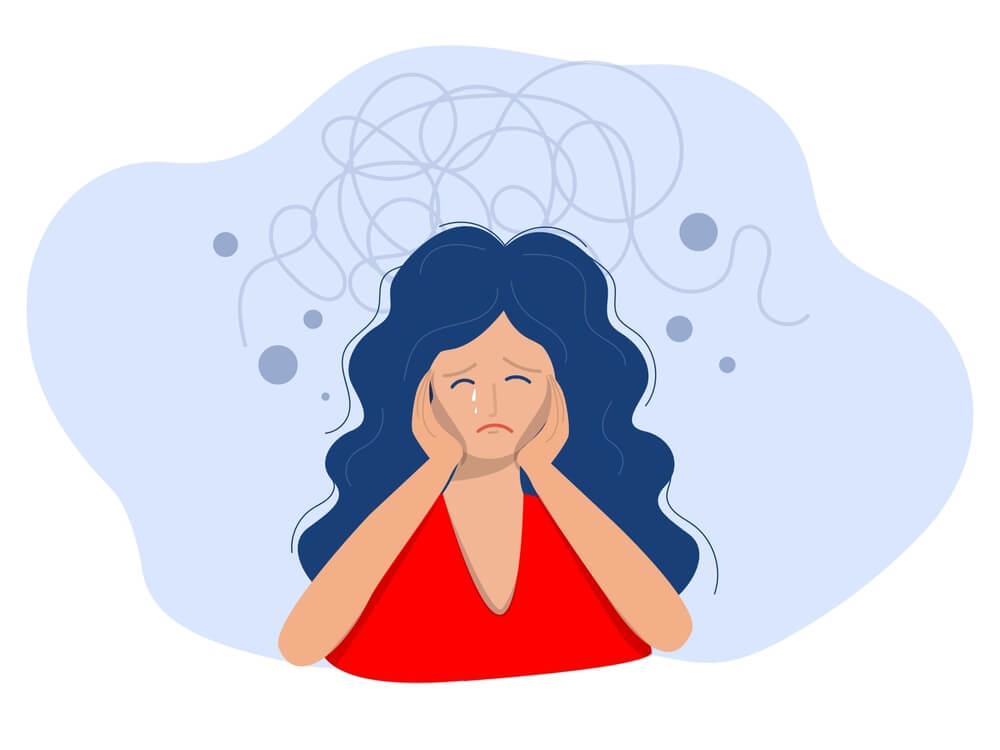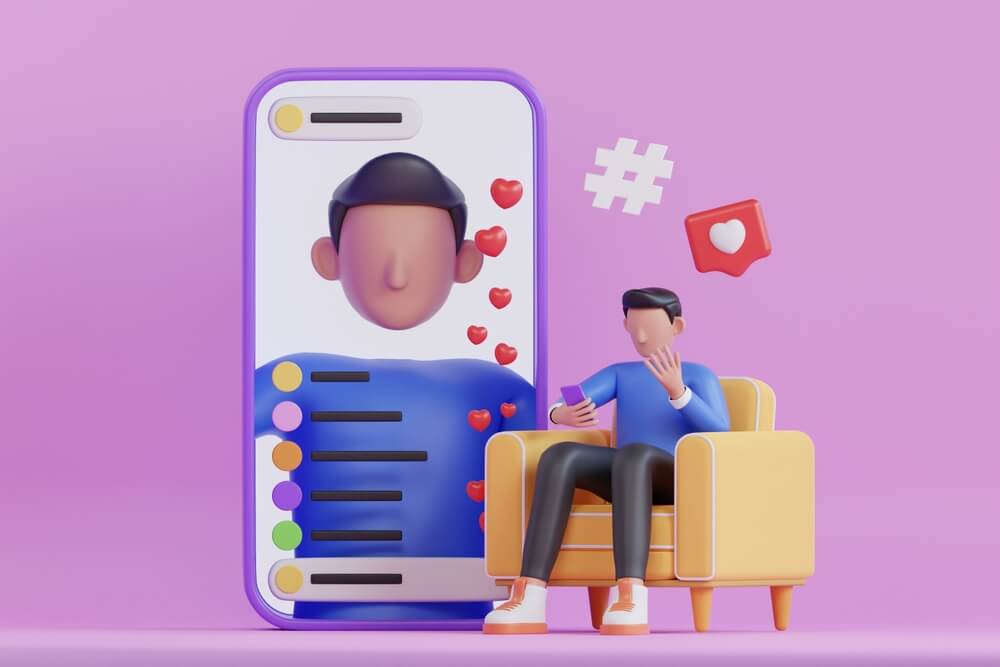by Sajjad Nawaz

Stress has become a common part of life, but it doesn’t have to control us. With the right strategies, you can effectively manage stress and improve your mental health. In this post, we’ll explore seven proven strategies that can help you feel more balanced, relaxed, and emotionally strong.
So, Let’s find out 7 Proven Strategies to Reduce Stress and Improve Mental Health.
1. Practice Mindfulness and Meditation
Mindfulness is the art of staying present in the moment, fully aware of your thoughts and surroundings without judgment. Studies show that practicing mindfulness can significantly reduce stress and anxiety.
How to Get Started:
- Breathing Exercises – Try deep breathing techniques like the 4-7-8 method (inhale for 4 seconds, hold for 7 seconds, exhale for 8 seconds).
- Guided Meditation – Use apps like Calm or Headspace for daily meditation sessions.
- Mindful Activities – Practice mindfulness while eating, walking, or even doing household chores.
📌 Example: Research published in JAMA Internal Medicine found that mindfulness meditation improved anxiety and sleep patterns in participants.
2. Exercise Regularly
Physical activity isn’t just for your body—it’s crucial for mental health too. Exercise releases endorphins, the body’s natural stress relievers.
Best Exercises for Stress Relief:
- Yoga – Combines movement, breathing, and relaxation.
- Walking Outdoors – A simple, effective way to refresh your mind.
- Cardio Workouts – Running, cycling, or dancing can boost mood.
💡 Fact: According to the American Psychological Association, regular exercise reduces stress hormones like cortisol while increasing serotonin levels.

3. Maintain a Healthy Diet
What you eat affects your brain. A balanced diet can prevent mood swings and reduce anxiety.
Foods That Help Reduce Stress:
- Omega-3 Rich Foods – Salmon, flaxseeds, walnuts.
- Magnesium Sources – Spinach, dark chocolate, almonds.
- Herbal Teas – Chamomile, green tea.
🥗 Tip: Avoid excessive caffeine and sugar—they can contribute to nervousness and anxiety.
4. Get Enough Sleep
Sleep is your body’s reset button. A lack of sleep leads to irritability and poor concentration.
Tips for Better Sleep:
- Stick to a Routine – Sleep at the same time every night.
- Limit Screen Time – Avoid blue light exposure before bed.
- Create a Relaxing Environment – Use dim lighting and comfortable bedding.
🛌 Statistic: The CDC recommends 7-9 hours of sleep for optimal mental health.
5. Stay Connected with Loved Ones
Social support plays a huge role in mental well-being. Talking to friends or family reduces loneliness and strengthens emotional health.
Ways to Stay Connected:
- Schedule Regular Calls – Even a short chat can improve your mood.
- Join Community Groups – Engage in activities that interest you.
- Express Gratitude – Show appreciation for the people in your life.
💡 Fact: Studies show that social connections increase happiness and reduce stress-related health issues.
6. Manage Your Time Effectively
Feeling overwhelmed? Poor time management often leads to stress.
Strategies to Stay Organized:
- Prioritize Tasks – Use a daily to-do list.
- Break Work into Chunks – Use the Pomodoro Technique (work for 25 minutes, break for 5).
- Set Realistic Goals – Don’t overcommit—know your limits.
⏳ Tip: Learning to say no is an important part of reducing stress.
7. Engage in Relaxing Hobbies
Sometimes, the best way to de-stress is to do something you enjoy.
Fun and Relaxing Activities:
- Painting or Writing – Great outlets for emotions.
- Listening to Music – Classical or instrumental music can calm the mind.
- Gardening – Nature has proven therapeutic benefits.
🎨 Example: Many therapists recommend art therapy for managing stress and emotional distress.
also read : How I Incorporated Daily Mindfulness Practices into My Busy Schedule with Kids (Emotional Health)
Final Thoughts
Stress is inevitable, but how you handle it makes all the difference. By incorporating these seven proven strategies, you can take control of your mental health, feel more balanced, and reduce daily stress.
💬 What helps YOU manage stress? Drop a comment below and let’s share strategies! 😊




